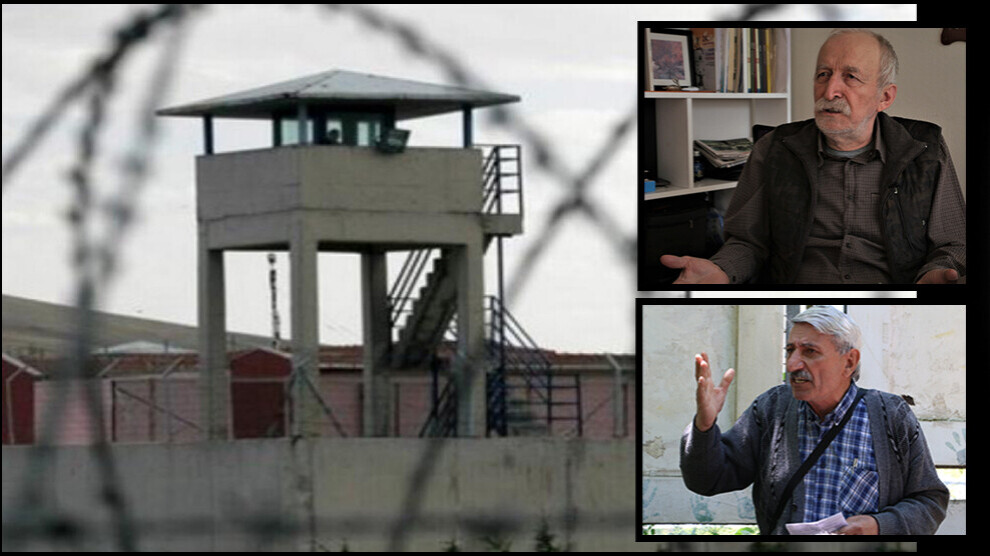Prisoners are punished economically as they have to pay high prices for goods and electricity
Prisoners are punished twice as they also have to pay high prices for goods and electricity in jail.
Prisoners are punished twice as they also have to pay high prices for goods and electricity in jail.

Journalist Hüseyin Aykol said that since open prisons and other cafeterias are considered commercial establishments, the electricity consumed by the prisoners is priced at a commercial price. Spokesperson of the Initiative for Solidarity with Prisoners, Hıdır Sabur, emphasized that the exorbitant prices outside are also applied in prisons, which is a different method of punishment.
In this period, when violations of rights in prisons are frequently on the agenda, another issue draws attention. Journalist Hüseyin Aykol, who voiced the problems of prisoners in Yeni Yaşam Newspaper, spoke about this issue in his column.
Answering ANF's questions, Aykol said that the first reason for the reflection of the economic crisis to prisons was the deportation of many prisoners away from their families. Aykol said: “Families have to go very far to see their relatives. Such a situation is affecting the economy of the family badly. The family can go to the visit with fewer people, even though they have the right to see their relatives.”
Prisoners forced to pay high prices in the canteen
Another pillar of this economic problem, said Hüseyin Aykol, is canteen prices. Noting that the external economic crisis is reflected in prison even more, Aykol continued: “The second pillar of the economic problem is the canteen. By law, every prisoner must be given three meals a day and a loaf of bread a day. However, this food is insufficient and the prisoner wants to drink tea and coffee, and wants to eat things like fruit and yoghurt. Paper and pen are required for writing letters. Moreover, if a family cannot come or send things, prisoners will meet some of their needs such as socks, underwear and even shirts from the canteen. The need items that can be sent from outside are less every year. So prisoners are forced to buy things from the canteen. Items sold in prison canteens have always been more expensive than those sold outside. With the last economic crisis, the prisoners, who did not know the outside prices, started to complain about canteen prices in almost every letter.”
The recently increased electricity and natural gas prices are also reflected in prison, said Aykol adding that “in F-Type prisons, small picnic boxes are not allowed, for security reasons. The prisoners were informed that they could use electricity for tea and similar small fire-heat needs, but that they had to pay for it themselves. Indeed, for almost 15-20 years, the electricity used by the prisoners for the samovars they use for tea and coffee made in their rooms is taken from the prisoners. In the past this was not a huge amount of money, but now the prisoners have to pay bills like those outside, the prices are incredibly high. Moreover, we have just learned that the tariff for the electricity used by the prisoners for tea is the tariff for business. Meals for prisoners in jails are made either in the cafeteria of that prison or in open prisons nearby. Open prisons and other cafeterias are considered commercial establishments and therefore the electricity used for that is priced at the commercial tariff.”
Speaking to ANF, spokesperson of the Initiative for Solidarity with Prisoners (TDI), Hıdır Sabur, said that prisons are shown as business premises, not residences, and added that they wrote a petition to CIMER on this issue, but received no response.
Stating that many families are victims of high expenses, Sabur said that the exorbitant prices outside are reflected in prisons in this way, which is a different method of punishment.